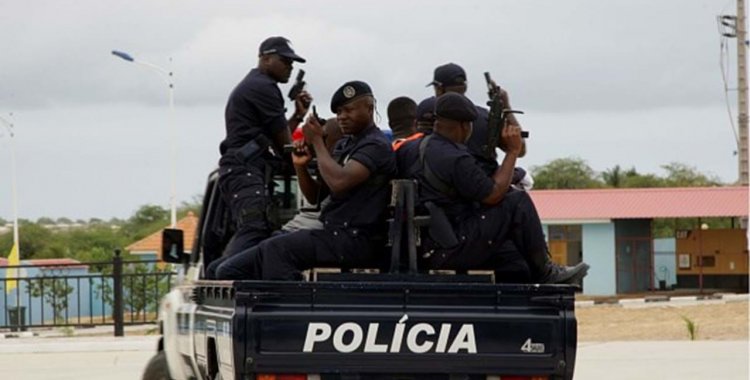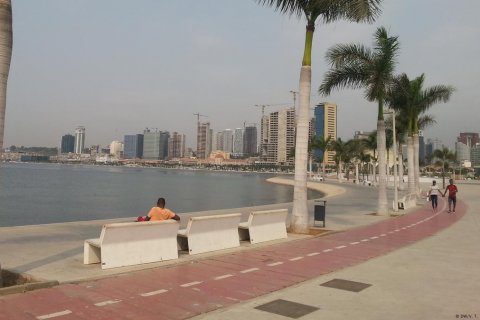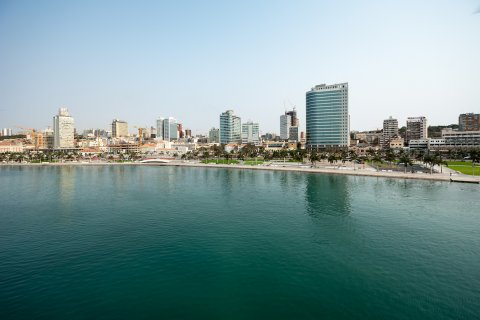The information was transmitted this Friday by the Director of the Studies, Information and Analysis Office of the General Command of Police, José Carlos da Piedade, stating that the highest criminal levels during the last five years were in 2018 and 2019.
The police commissioner, who presented the current state of public security in Angola during a lecture on the corporation's 44th anniversary, noted that 55 percent of crimes recorded over the last five years were "against property.
"With burglaries and robberies standing out, the sum of the two gives 53 percent, and the rest are other crimes against property, such as damage," he said, pointing to "causes and socio-economic factors" as being at the origin of the crimes.
This is because, he said, most crimes "are essentially robberies and they have a great influence on citizens' feeling of insecurity".
"The great problem of the country is the high rates of crimes against property," he stressed.
Alluding to data from 2015 to 2019, the police officer said that the annual average per 100,000 inhabitants was 191.8 crimes.
For the police officer, who questions the existence of insecurity in the face of committing 150 crimes per day per 10,000 inhabitants when the annual average points to 191.8 crimes, the insecurity also arises from the "danger of the social environment".
In relation to violent crimes, he noted that Luanda, with more than eight million inhabitants, has a homicide rate of 7.6 percent for every 100,000 inhabitants, very close to the province of Bié, with less population, which is 6.5 percent.
He recalled that the bearable homicide rate established by the United Nations is 10 percent and above is considered endemic, to justify that "the problem is not in the statistics, but in the violent way certain crimes are committed.
"And its rapid spread on social networks which causes a feeling of insecurity," he said, adding that Angola has a homicide rate of 5.6 percent "well below the minimum recommended by the UN.
"The problem of the feeling of insecurity in Angola stems from a general or individual evil that can be triggered by the perception of instability and the social environment, as well as concrete dangers or threats," he noted.
According to the Office of Studies, Information and Analysis of the Police, the existence of vagrants, beggars, prostitutes, the homeless, poor street lighting, slums, among others, "also provide the feeling of insecurity.
"We note that the problem of the feeling of insecurity does not stem only from violent crimes," he said.
The lecture that took place at the Higher Institute of Police and Criminal Sciences in Luanda brought together police officers, representatives of judicial bodies, ministerial departments, educational institutions, among others.
The 44th anniversary of the police will be celebrated on 28 February.







